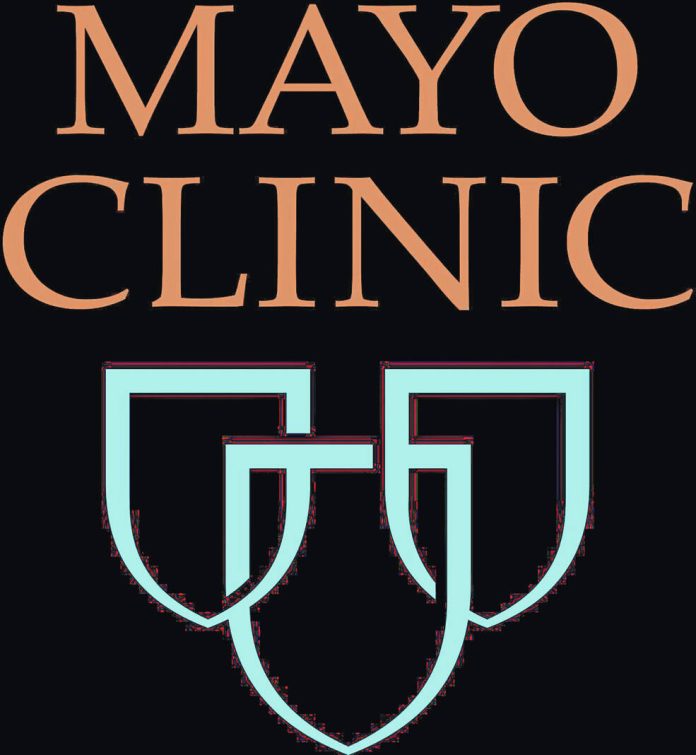You may be familiar with high-density, or good cholesterol; low-density lipoproteins (LDL), or bad cholesterol; and their connections to heart health. But what about triglycerides? Often that word gets skimmed over when talking about cholesterol levels.
Dr. Regis Fernandes, a Mayo Clinic cardiologist, says triglycerides provide the body with energy from food. High levels can indicate signs of other conditions, like diabetes or prediabetes, that can increase the risk of heart disease and stroke.
Triglycerides, the main kind of fat in your body, store extra energy from the food you eat.
“It’s an energy source. It’s like a little battery used for energy. But too many triglycerides can also cause heart disease,” says Dr. Fernandes.
People who are overweight, in general, have high triglyceride levels and good cholesterol levels that are low.
So what can you do? Reducing simple carbohydrates, such as refined sugars and flours, can help lower your weight and improve your cholesterol and triglyceride levels. And you can back that up with exercise.







